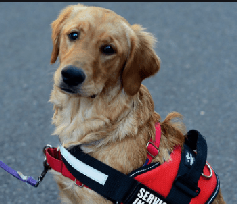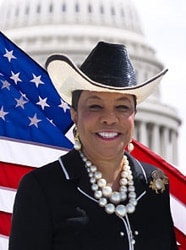Bahamas a Tier 2 in U.S. State Department’s 2009 Trafficking in Persons Report
WASHINGTON – U.S. Secretary of State Hillary Clinton released the ninth annual Department of State Trafficking in Persons (TIP) Report on Tuesday, June 16. The report is the most comprehensive worldwide report on the efforts of governments to combat severe forms of trafficking in persons, a modern-day form of slavery.
The report’s findings are intended to raise global awareness and spur countries to take effective actions tp counter trafficking in persons.
The Bahamas was included as a special case for three years previously. Beginning with the 2009 TIP Report, countries determined to be a country of origin, transit, or destination for victims of severe forms of trafficking are included in the Report and assigned to one of three tiers.
This year, The Bahamas is ranked Tier 2. While it does not fully comply with the minimum standards for the elimination of trafficking, The Bahamas is making significant efforts to do so, particularly through the passage of comprehensive anti-trafficking legislation in 2008.
Report Findings
The Bahamas is a destination country for men and
women trafficked from Haiti and other Caribbean
countries primarily for the purpose of forced labor, and women from Jamaica and other countries trafficked for the purpose of commercial sexual exploitation.
In situations that, for some workers, may constitute forced labor, employers coerce migrant or temporary workers – legal and illegal – to work longer hours, at lower pay, and in conditions not permitted under local labor law by changing the terms of contracts, withholding travel documents, refusing transportation back home, threatening to withdraw the employer-specific and employer-held permits, or to turn the employee over to immigration.
For the past three years, The Bahamas was
included in the Report as a Special Case due to limited data.
The Government of The Bahamas does not fully comply with the minimum standards for the elimination of trafficking; however, it is making significant efforts to do so.
During the reporting period, the government enacted comprehensive anti-trafficking legislation, added skilled personnel to anti-trafficking agencies and offices, consulted with other governments about trafficking issues and assistance, and continued to train government personnel on trafficking issues.
The government did not, however, make noticeable efforts to proactively identify victims among vulnerable populations, such as foreign women and girls engaged in illegal prostitution or women
and girls intercepted at its borders who may be attempting to enter The Bahamas to engage in illegal prostitution.
Recommendations for The Bahamas
Take steps to identify trafficking victims among migrants attempting to enter The Bahamas illegally; investigate, prosecute, and punish suspected human trafficking offenders; create and
implement a national trafficking public awareness and prevention program; and allocate resources for the victim assistance measures mandated by the new anti-trafficking law.
Prosecution
While the Government of The Bahamas made minimal
efforts to prosecute trafficking offenders, it lacked a comprehensive anti-trafficking law for most of the reporting period, faced relevant resource and capacity constraints, and confronted multiple competing law demand for commercial sex acts, and it did not engage in any other awareness-raising efforts directed at Bahamian
citizens.


